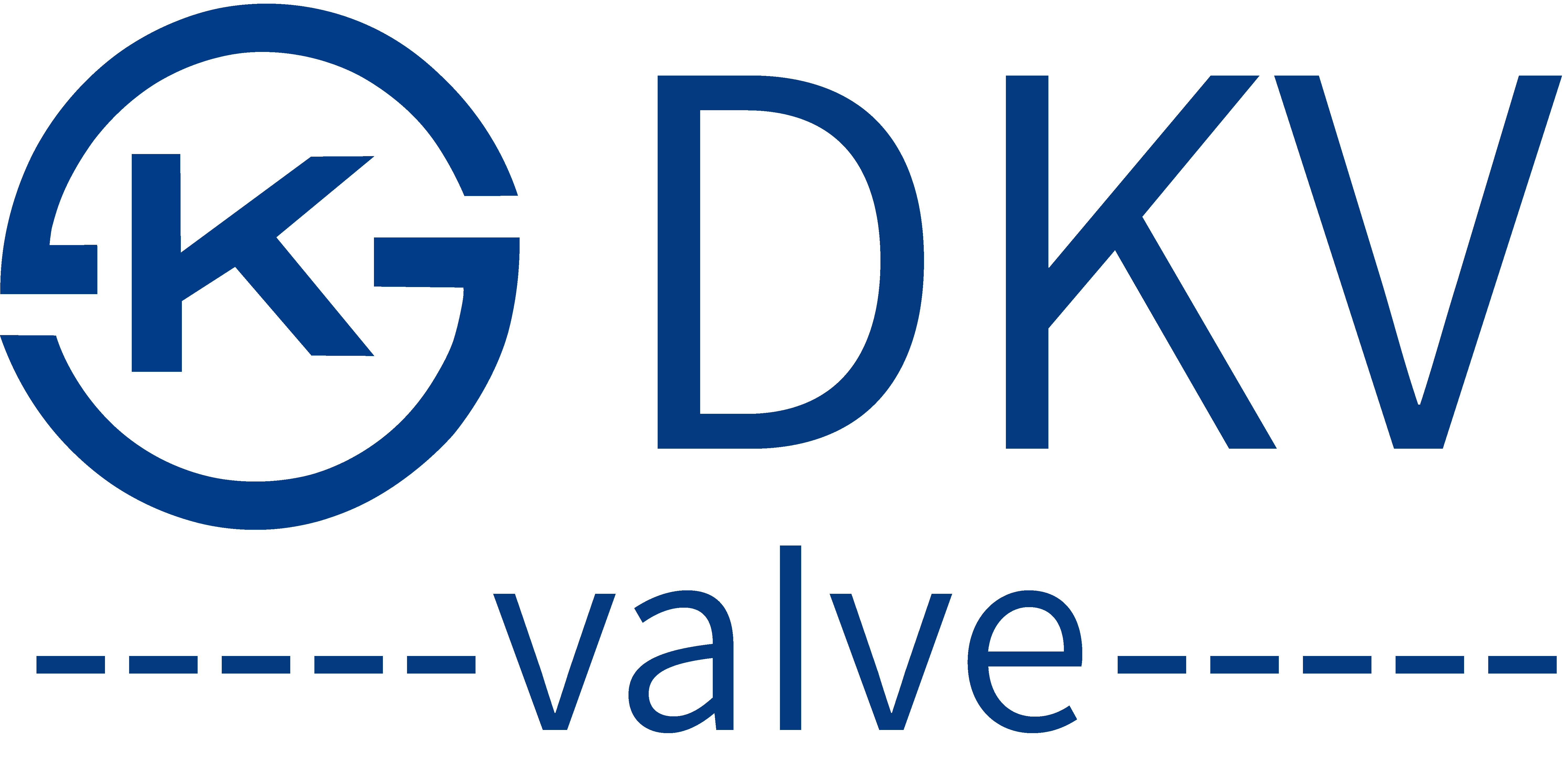Understanding the Importance of Material Choice
A ball valve’s core function—controlling the flow of liquids or gases—depends not just on design but also on the strength and compatibility of its body and trim materials. Factors such as fluid composition, operating pressure, temperature range, and environmental exposure should all be evaluated before finalizing specifications.
International standards like ISO and CE certification ensure valves are manufactured with consistent quality. However, the decision between brass, stainless steel, and cast steel ultimately comes down to application-specific engineering needs.
Tip: Always align material choice with long-term lifecycle costs rather than initial price alone.
Brass Ball Valves
 Brass ball valves are widely used in plumbing, HVAC, and light industrial applications.
Brass ball valves are widely used in plumbing, HVAC, and light industrial applications.
Brass offers good machinability, moderate corrosion resistance, and cost efficiency, making it suitable for water, air, and non-aggressive fluids.
However, brass is less resistant to high chloride environments and not recommended for highly corrosive chemicals.
For instance, a European water treatment contractor found that brass ball valves provided excellent durability in municipal supply systems, with minimal leakage after 5 years of operation.
Recommendation: Use brass valves for low to medium pressure applications where cost efficiency is a priority.
Stainless Steel Ball Valves

Stainless steel ball valves—particularly grades such as 304 and 316—are the go-to choice for chemical processing, marine, oil & gas, and food industries.
They provide excellent corrosion resistance, high pressure tolerance, and suitability for aggressive media.
For example, a petrochemical plant in the Middle East upgraded from cast steel to 316 stainless steel valves, reducing unplanned shutdowns by 40% due to improved resistance against corrosive feedstocks.
Advice: If your project involves high pressure, corrosive fluids, or hygienic requirements, stainless steel is the most reliable choice.
Cast Steel Ball Valves

Cast steel ball valves are valued for their high strength and ability to withstand elevated pressures and temperatures.
They are commonly used in oil & gas pipelines, power generation, petrochemical, and heavy industry.
Compared with stainless steel, cast steel offers a more economical solution, though it is less resistant to corrosion and often requires protective coatings or linings. In one metallurgy project, cast steel ball valves were selected for high-pressure steam service, delivering consistent performance under repeated thermal cycles.
Note: Cast steel is an excellent choice for high-pressure, non-corrosive applications where durability and cost efficiency are priorities, but regular maintenance is required when operating in corrosive conditions.
Material Comparison Chart
| Material | Corrosion Resistance | Pressure Rating | Cost Level | Typical Applications |
| Brass | Moderate | Low to Medium | $$ | Plumbing, HVAC, light industry |
| Stainless Steel | High | Medium to High | $$$ | Oil & Gas, chemical, marine, food industry |
| Cast Steel | Low to Moderate (requires coating) | High | $$ | Oil & Gas, power plants, metallurgy, petrochemical pipelines |
Engineering and Procurement Considerations
When specifying ball valves, engineers should evaluate not only material but also seat type, sealing design, and connection method (threaded, flanged, welded, or grooved). Compliance with certifications such as ISO 9001, CE, and API is essential to ensure global quality assurance.
At DKV, we manufacture ball valves with over 40 years of expertise and supply to more than 60 countries, providing fulltechnical datasheets and 12–18 month warranty coverage.
Guideline: Request documentation of certifications and material test reports before procurement to reduce project risks.
Call to Action
Choosing the right material is critical for ensuring long-term system reliability and cost contro.
Contact DKV’s engineering team today to request a material-specific datasheet, project-based pricing, or a free sample for evaluation. Our certified ball valves are designed to meet global project standards with proven durability in real-world applications.

